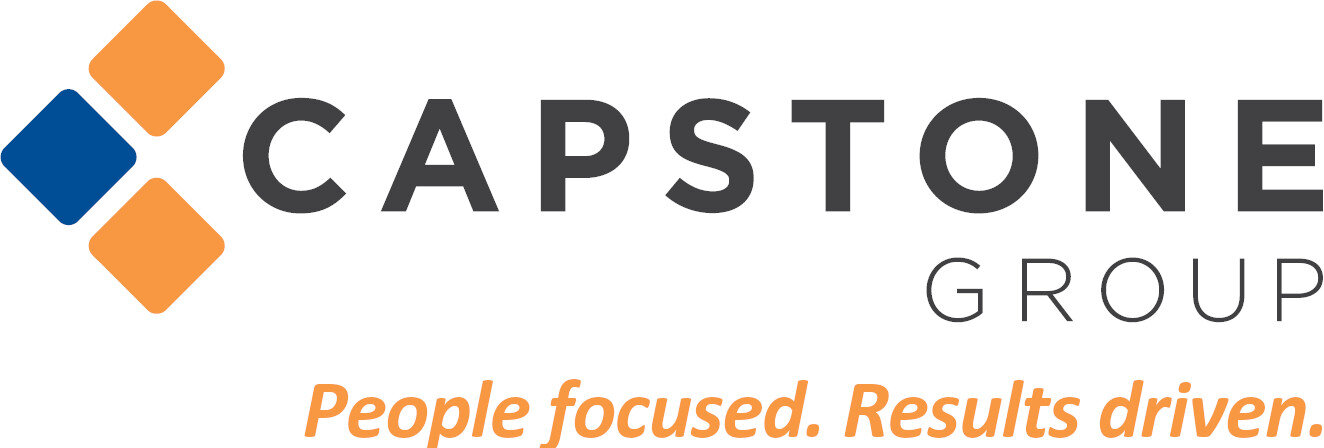UnitedHealth Group, the nation's largest health insurer, will drop out of government-organized health insurance markets in at least 16 states in 2017 as the U.S. industry leader tries to stem losses from participating in Obamacare, the healthcare overhaul that has brought coverage to millions of people.
UnitedHealth hasn’t listed the markets it’s leaving, and confirmations of the company’s withdrawals have been trickling in from regulators in the 34 states where the company sold plans for this year. The insurer won’t sell individual ACA plans for 2017 in states including Texas, North Carolina and Maryland.
UnitedHealth also is withdrawing from some related state insurance markets for small businesses.
Chief Executive Officer Stephen Hemsley said Tuesday that the company will end up selling Obamacare plans in “only a handful of states” next year. The exchange market is proving to be smaller and riskier than UnitedHealth expected, meaning “we cannot broadly serve it on an effective and sustained basis,” he told investors.
UnitedHealth’s reported state departure are Alabama, Georgia, Missouri, Pennsylvania, Arkansas, Louisiana, Nebraska, Tennessee, Colorado, Maryland, North Carolin,a Texas, Connecticut, Michigan, Oklahoma and Washington.
In the states where UnitedHealth stops offering ACA plans for next year, people who are currently enrolled with the insurer will have to choose a new health plan during open enrollment. Their current coverage isn’t affected.
Volatile Markets
The Patient Protection and Affordable Care Act, President Barack Obama’s signature domestic policy achievement, is projected to cover about 12 million people this year, according to the Congressional Budget Office, providing tax subsidies that help many afford private insurance. The program has proven volatile for health insurers selling coverage in the new markets, known as exchanges, with some reporting losses.
Insuring customers in ACA exchanges has turned out to be more costly than expected. That may be because sicker people are choosing to buy coverage, or because people buying plans deferred treatment for their medical needs until they got covered. Insurers also have said some people are buying insurance, using lots of care, and then dropping their coverage mid-year.
ACA Losses
UnitedHealth, which had about 795,000 ACA customers as of March 31, warned in November that it was posting losses on ACA policies. In December, the company said it should have stayed out of the individual exchange market longer.
The exchanges are a small part of the company’s total medical membership of 47.7 million people. Yet the insurer said Tuesday that it expects to lose about $650 million on ACA plans this year.
Hemsley spoke on a conference call after the company’s release of first-quarter results, which topped analysts’ profit estimates, thanks in part to UnitedHealth’s consulting, technology and services unit, Optum. The stock gained 2.1 percent to $130.50 at the New York close.
The impact of UnitedHealth’s decision to leave the ACA markets will vary by state. In North Carolina, a quarter of consumers will see the number of available Obamacare insurers drop to one for next year, according to an analysis from the Kaiser Family Foundation. Many of the rest will have just two carriers to pick from.
Read more here.






